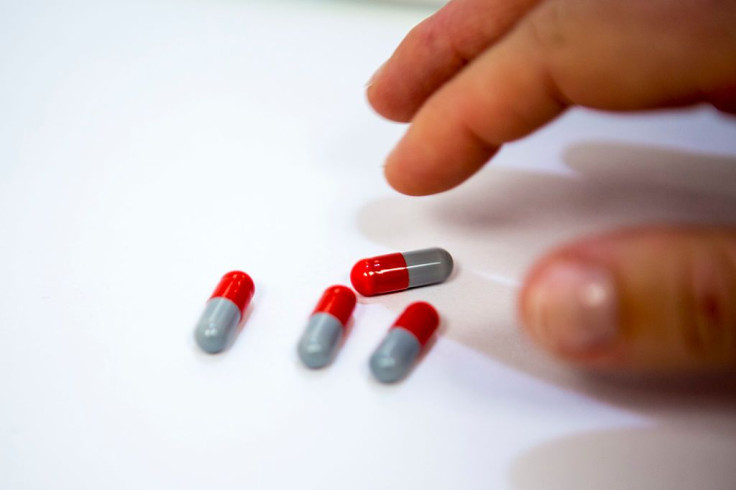Tuberculosis Vaccine Found To Inadvertently Counter Alzheimer’s Disease

An accidental discovery might lead to an important step in the fight to find a cure for Alzheimer's disease. There is currently still no cure or treatment for Alzheimer's, which affects more than 5.8 million Americans, mostly elderly people.
A research team from Israel has found the Bacillus Calmette-Guérin (BCG) vaccine, which is the vaccine primarily used against tuberculosis (TB) and commonly used to treat bladder cancer, might also be an effective treatment to prevent Alzheimer's. The research team headed by Hervé Bercovier, Charles Greenblatt and Benjamin Klein at the Hebrew University of Jerusalem's (HU) Department of Microbiology and Molecular Genetics published their findings in the peer-reviewed scientific journal PLOS ONE.
“There’s data reaching back to the 1960s that shows that countries treating bladder cancer patients with the BCG vaccine had a lower prevalence of Alzheimer’s disease but it hadn’t been properly analyzed,” Bercovier, lead author of the paper, said.
In the study, the HU team followed 1,371 bladder cancer patients receiving treatment at HU’s Hadassah Medical Center for at least a year after the diagnosis of the cancer. The average age of the patients was 68. During follow-up visits, 65 cancer patients developed Alzheimer’s.
Those that didn't receive BCG as part of their treatment had a significantly higher risk of developing Alzheimer’s compared to BCG-treated patients: 8.9 percent (44 patients) against 2.4 percent (21 patients), reported the study.
In addition, people in the general healthy population that had never been treated with BCG had a fourfold higher risk of developing Alzheimer’s than those who were treated with BCG did, according to the study.
The exact way the BCG vaccine affects cancer hasn't been fully understood but it's known to have an impact on the immune system, as per the study. The BCG vaccine, which “modulates the immune system, may serve as an effective preventative treatment to this crippling condition,” Bercovier pointed out in a phone interview. “Looks like BCG is able to reduce this inflammation.”
It's important to emphasize the researchers didn't develop a vaccine that prevents Alzheimer's. "Our study is an important step towards understanding the ways in which our immune system is a major player in the pathogenesis of Alzheimer's and how the BCG vaccine, which modulates the immune system, may serve as an effective preventative treatment to this crippling condition," Bercovier added.
Alzheimer’s is marked by three pathological features: an accumulation of amyloid β (Aβ) plaques; neurofibrillary tangles (hyperphosphorylated tau protein) and a sustained innate neuroinflammation. Inflammation is a defense mechanism that occurs when the immune system recognizes damaged cells and begins the healing process. On the other hand, inflammation can cause harm, as is the case with Alzheimer’s, when it persists longer than necessary because of an overreaction of the immune system or for other reasons.




























